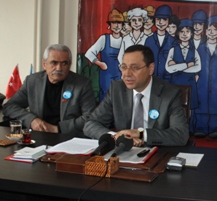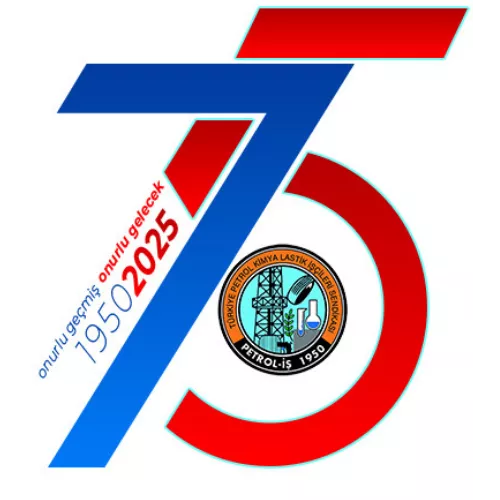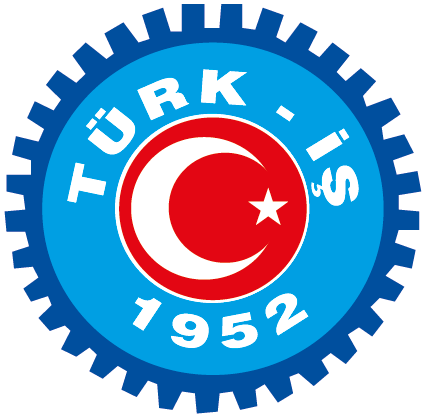
In March, the ICEM had the assistance of the IMF in a public campaign in support of ICEM affiliate Petrol-İş in Turkey to get Standard Profil, a manufacturer of rubber products, to begin bargaining. Petrol-İş had gained well past the necessary 50% of Standard Profil’s 2,300 employees workers seeking union representation, and the Ministry of Labour and Social Security certified that the company’s product line fell into the Petrol-İş negotiating jurisdiction of petroleum, chemicals, and rubber.
The purpose of the public campaign, which included global letters of endorsement to Petrol-İş by unions and Works Councils representing Standard Profil customers in the automotive sector, was to dissuade the company from appealing the Ministry’s industrial sector determination. The union called on the company, in the words of Petrol-İş President Mustafa Öztaşkin, to “start with mutual good will and consideration of mutual interests.”
The maker of rubberized automotive sealing systems had already engaged with the union over freedom of association and workers’ rights training through intervention by the Multinational Investment Guarantee Agency, a monitoring agency of the World Bank’s International Finance Corp (IFC). The IFC has loaned Standard Profil development money at its two factories in Düzce and Bursa and criteria for the loan compels the company to foster proper social and environmental conduct.
In April, the company ignored the workers’ olive branch made by Petrol-İş and filed an appeal with the government. The company claims its jurisdiction is in the metal industry. Such an appeal in Turkey is meant to thwart union recognition and negotiations by tying the matter up in court procedures for two years or more. And following jurisdiction outcome, an appeal on the 50% plus one is automatic, which further binds the hands of legitimate workers’ rights to join a union and bargaining collectively.
This is a main reason why Turkey’s archaic labour code is currently under scrutiny at the ILO.
Despite Standard Profil’s labour rights training in 2008-09 under its IFC responsibilities, the company signalled ill-will in sync with its appeal last month by sacking five union activists, including one who is a disabled worker.
In fact, ICEM and Petrol-İş developed the public campaign with a back-up strategy in the event Standard Profil turned hostile. The Istanbul-based company manufactures rubber sealers for doors, boot, engine covers, and other seals for automobiles. It was owned by Bancroft Private Equity LLP but in early May was sold to the Pawan Ruia Group of India.
The Ruia Group is heavily involved in the rubber industry and holds big equity stakes in Dunlop Tyre, Monotana Tyre, and Falcon Tyre of India. It also holds a big share of the automotive fastener market, making it a strategic company in the automotive supply chain. ICEM and Petrol-İş will now focus on that fact. (1 June 2011)





